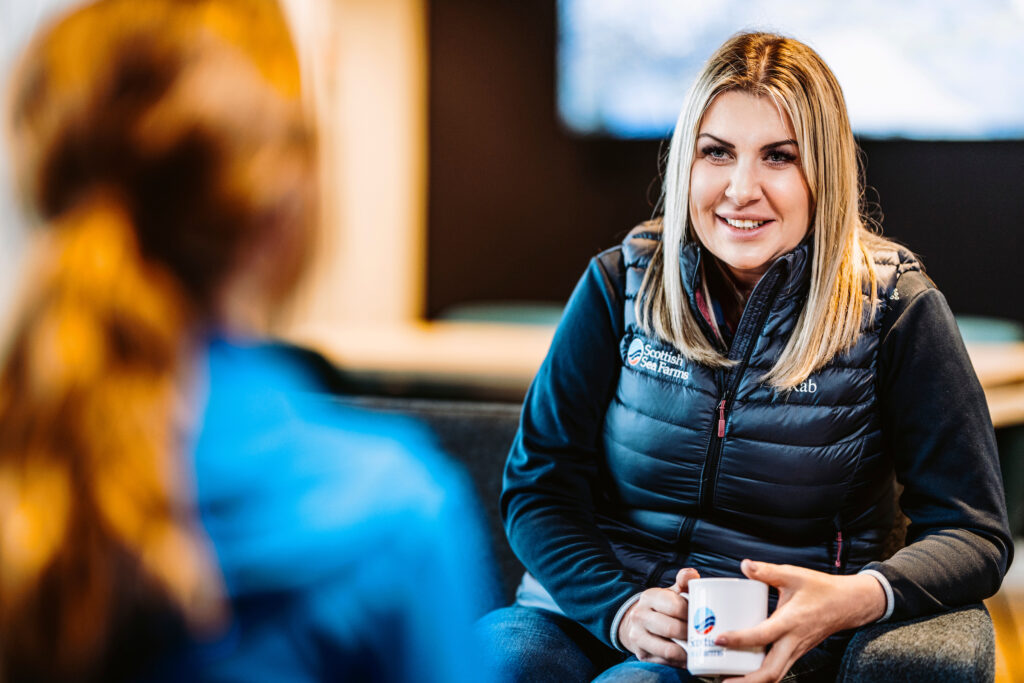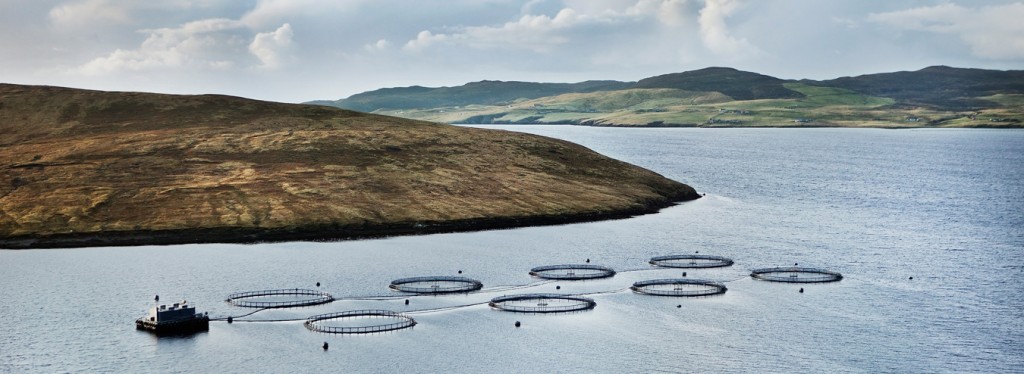Scottish Sea Farms reports gender pay gap progress

Salmon producer Scottish Sea Farms saw the gap between what male and female employees were paid widen as a result of its acquisition of Grieg’s Shetland assets – but the latest figures show that the company has regained its position on gender parity and closed the pay gap further in several areas.
UK legislation requires that large companies report on their “gender pay gap”. Last year, the figures showed that the acquisition of Grieg Seafood Shetland, which saw an additional 146 men and 40 women join the team, had led to a wider gap.
However, the company’s 2023 gender pay gap reporting, published this week, confirms that Scottish Sea Farms has not only returned to its pre-acquisition position but also made slight advances, aided by ongoing work to benchmark and align pay grades across the integrated team.
Advances achieved include:
- 3.8% reduction in women’s mean hourly pay gap
- 5.4% reduction in women’s median hourly pay gap
- 1.2% more women in the top pay quartile
- 28.6% more women receiving bonus pay.

Scottish Sea Farms Head of HR Fiona McCann
Scottish Sea Farms Head of HR Fiona McCann said: “The key takeaway from the latest reporting, as our mean average hourly pay shows, is that female colleagues are paid on a par with their male counterparts – or, as with this snapshot, slightly more.
“What we can’t ignore, however, is that salmon farming was seen as a primarily male career for many years. As such we have significantly more men on the team than women, some 82% to 18% in 2023, impacting on other measures.
“So while there remains no difference in median bonus pay – in other words, the middle-earning male and female received the same bonus – the simple fact men outnumber women in each pay quartile, including those in which bigger bonuses are often paid, contributed to our mean bonus pay gap widening in 2023.”
The single best way to close this and other gender-related pay gaps, says McCann, is to attract and retain more women into the company and sector.
“Our priority has been, and always will be, to hire the best candidate for the job. We’ve made real progress with 109 women on our team currently in roles ranging from Freshwater Technician, Farm Manager and Fish Vet to Environmental Scientist, Laboratory Supervisor and Supply Chain Coordinator – but we’d like to see many more.
“We’re battling outdated perceptions of the sector as being overly manual and a lack of awareness of the range of careers available in the present day.
“Overcoming such deeply engrained perceptions won’t happen overnight. We need to be as inventive as we are persistent in our work to attract more women, continually asking ourselves what more we can do and where else we could place ourselves to help raise awareness of the opportunities on offer.”

Grieg Seafood Shetland’s assets were acquired by Scottish Sea Farms

